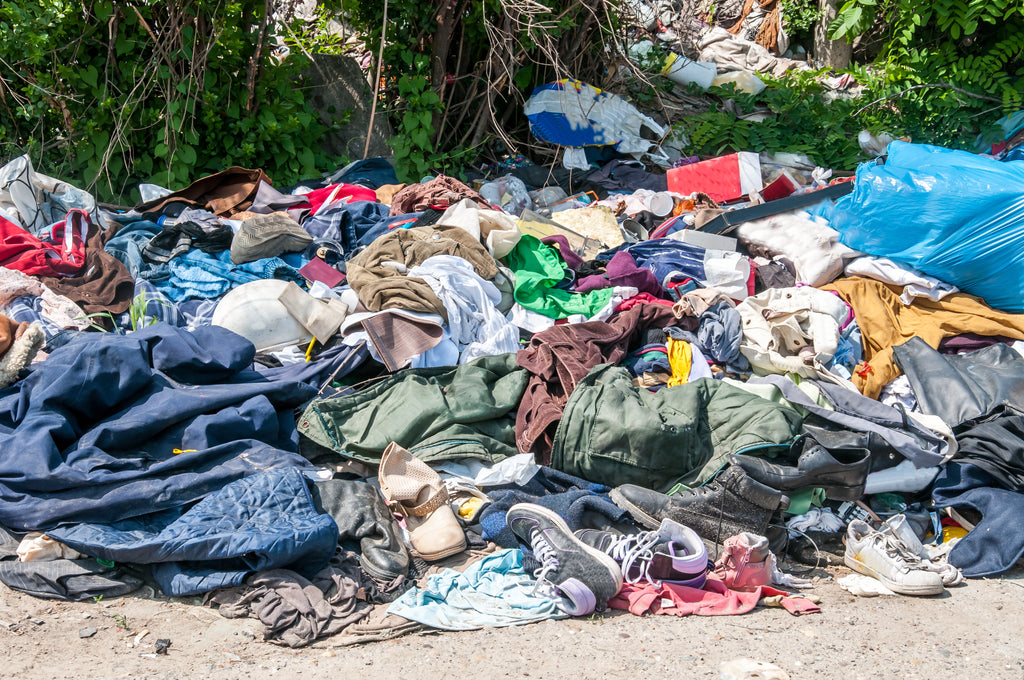Unmasking the True Cost of the Cleaning and Fast-Moving Consumer Goods Industries

It costs the NHS £387 million to treat patients with lung cancer each year. There is a clear link between lung cancer and smoking, however, a little-known and understood contributor to this disease is also lurking in household cleaning products. These products, which churn out harmful toxins (VOCs) into the air, are causing breathing problems, skin irritation and lung damage, putting strain on our already underfunded healthcare system.
This is an example of understanding the True Cost behind not only the products we procure and sell but also the ongoing costs of repairing the damage they are causing to our health, our community, and the environment.
In 2019 The World Bank stated that by 2030, we would need to spend $90 trillion globally to fix the environmental damage we have so far accrued. To put that into perspective this is 300 times the UK’s annual GDP. Who is going to pay for this reparation cost?
True cost is about comparing the market price of a good or service and equating it to the total or ‘true’ cost of how its production has impacted the environment and society. Let’s take a pair of jeans – which in the UK costs about £60, however, this doesn’t take into account the environmental and social harm created during the manufacturing process and through its lifecycle. Jeans require a vast amount of water to produce, with 7,600 litres needed per pair. Plus, a concoction of bleaches and chemicals to treat the material and create different designs.
The ramifications of this, in conjunction with the rest of the textile industry, have meant that 70% of Asia's rivers and lakes are contaminated by the 9.4 billion litres of wastewater produced by this industry alone. Not only does this hugely impact biodiversity and aquatic life, but people also depend on these sources to bathe and drink, resulting in a rise in cancers and skin conditions in these regions. All these factors must be considered when understanding how much a product or service is worth. £60 spent today will need to be repaid multiple times over in the future.
When we talk about mitigating the carbon emissions we are producing globally, it’s often in the context of tree planting to sequester this carbon. This sounds simple enough, however, the estimated cost to re-wild decimated forests globally stands at £814 billion. It’s not just the cost of the tree that must be considered; it’s transport, labour, fence-building, water supply and ongoing forest maintenance. To repair this damage involves a huge amount of resources, both financial and physical. A far better solution? Don’t create the damage in the first place.
The Power of Consumer Choices
As retailers, suppliers, and producers, we hold immense influence in shaping these industries to reduce the cost of the future through our choices and demands. Through these, we can also empower our customers to be more informed and make better choices. Here are some ways we can make a positive impact:
Choose Sustainable Products: Opt for eco-friendly cleaning products and FMCG items with better ingredients; readily biodegradable and aquatic-friendly, free from harmful chemicals like phosphates, EDTA and APEs.
Support Ethical Brands and Suppliers: Research and support companies that prioritise fair labour practices, ethical sourcing, and environmentally responsible production.
Reduce Waste: Minimise single-use plastics and embrace reusable alternatives. Refuse excessive packaging when possible.
Advocate for Change: Raise awareness about the hidden costs of these industries and advocate for stricter regulations on chemicals and labour practices.
The cleaning and FMCG industries have long been part of our daily lives, providing convenience and comfort. However, their true cost, both environmental and societal, cannot be ignored any longer. It is imperative that we, as businesses, as consumers and as responsible global citizens, acknowledge this cost and take proactive steps to mitigate it. By making conscious choices, supporting ethical brands, and advocating for change, we can create a more sustainable and equitable future for all. The power to drive positive change lies within each of us and now’s the time to use it.

Leave a comment